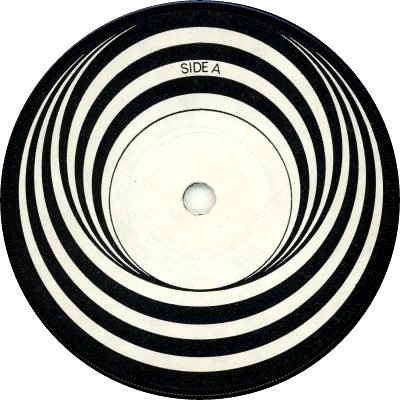

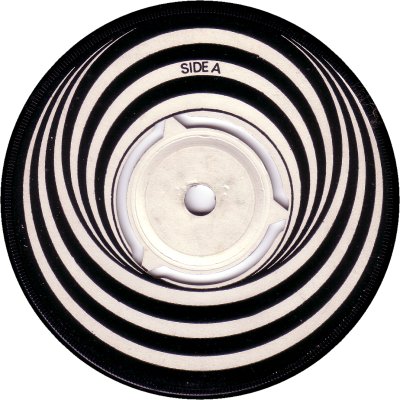
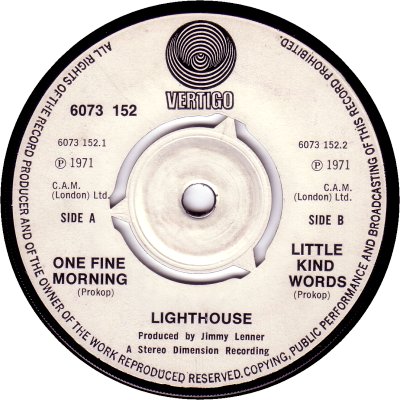
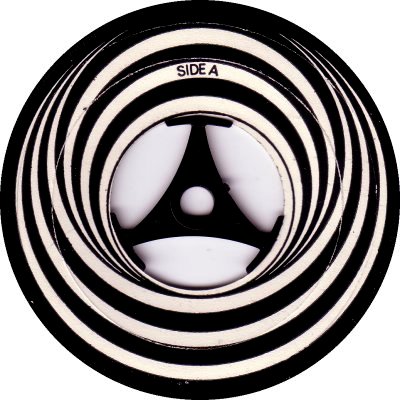

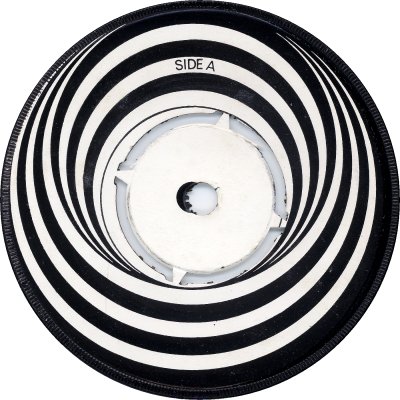
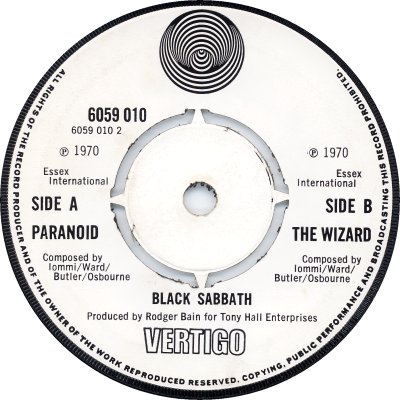
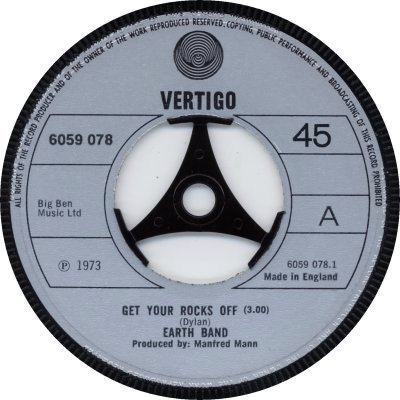


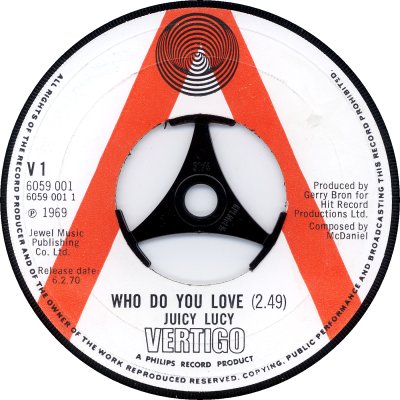
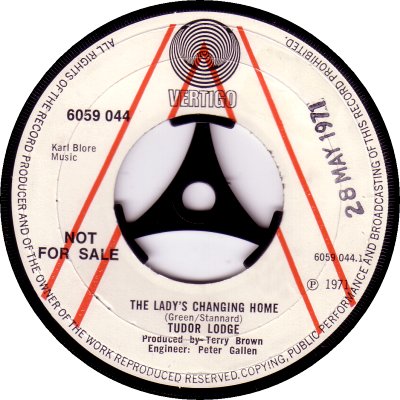
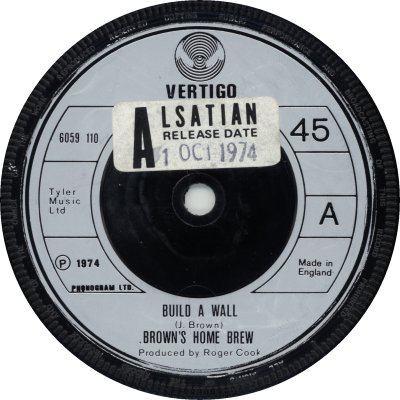
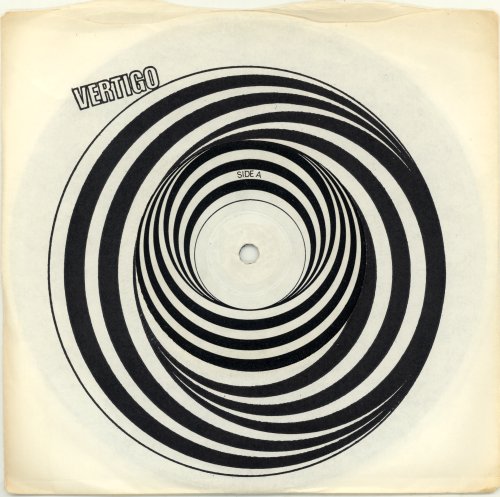
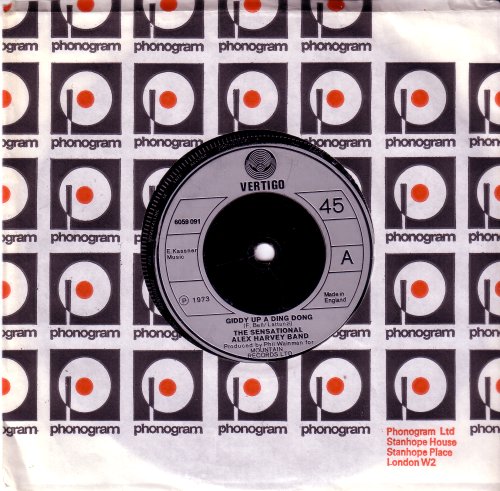
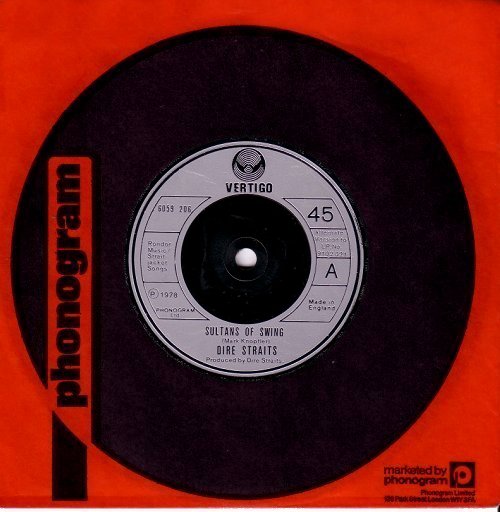
From roughly 1969-71 the major British record companies experienced something of a craze for Progressive subsidiaries. Some were more successful than others: EMI's Harvest prospered, whereas RCA's Neon and Decca's Nova came and went without making any sort of an impression. Vertigo, which was Phonogram's entry in the Progressive Label stakes, has a strong claim to being the most successful of them all. During the course of its life Vertigo managed both to establish itself as a favourite label among collectors, and, later on, to shift huge quantities of vinyl. Early Vertigo records on the famous 'swirl' label are very collectable; the rarer albums go for three-figure prices when they come up for sale. Although not intended as a singles label, Vertigo managed to visit the Top 75 regularly throughout the 70s, with artists as diverse as Kraftwerk and the Sensational Alex Harvey Band; the '80s and '90s were equally fruitful of hits, and the new millenium added its own share. Records by some Vertigo acts - Status Quo and Dire Straits for example - sold in large quantities, and are nowadays staple fodder for car boot sales.
The swirl label lasted from 1969-73, 6059-074 being the last single to have it. 'Swirl' singles are usually found with their centres dinked (5, 6), which was common Phonodisc practice, but some copies escaped with their centres intact (1, 2) or with the distinctive Phonodisc 'three perforations' push-out centres (3, 4). Occasionally pressings of hit singles were done by other companies, which led to the appearance of 'alien' four-perforation centres; the example shown was manufactured by CBS (7, 8). When Phonodisc switched to the injection-moulding process for pressing its singles Vertigo 7"s lost their distinctive design and became as dull as those on the rest of the family's labels; they were usually silver (10) but occasionally came in other colours such as fawn or green. Around the time of the change a couple of singles - 6059-075 and 078 - were issued with plain silver labels (9) which had the same design as the injection moulded ones; 6059-075 can be found with either paper or injection moulded labels. As well as losing the swirl the singles also lost their company sleeve (15), and started sharing a common sleeve with all the other Phonogram releases (16): the red sleeve (17) is the second, later, type to be used, and it came into use at some point in 1978. The late '70s saw the occasional reappearance of paper labels on pressings done by other companies at times of high demand (11), but sadly the plain silver label was used rather than the classic swirl design. It did however make a reappearance in the '90s on selected records by Metallica, Roadhouse and Kerbdog.
To return to the 1970s: during the 'swirl' era there were no swirl labels on demo records, and the titles were on the appropriate side. Initially demos had a large red 'A' on them (12); the 'A' had hollowed out (13) by the time that 6059-035 came out. After the switch from paper labels there were no demo copies as such, though records can found with 'Alsatian' stickers on them - Alsatian was the company which was responsible for promoting Phonogram products for a time in the mid '70s (14). Singles were initially numbered in the V-0s, but this changed almost immediately to the 6059-000s; there were a few smaller series, such as 6073-000 for singles sourced in America and 6147-000 for German ones. In addition, favoured groups were eventually awarded their own numerical series with prefixes appropriate to the group's name. The discography below only covers the 1970s. Most of the gaps in it are down to the fact that the numbers were used for overseas issues.



Copyright 2006 Robert Lyons.

